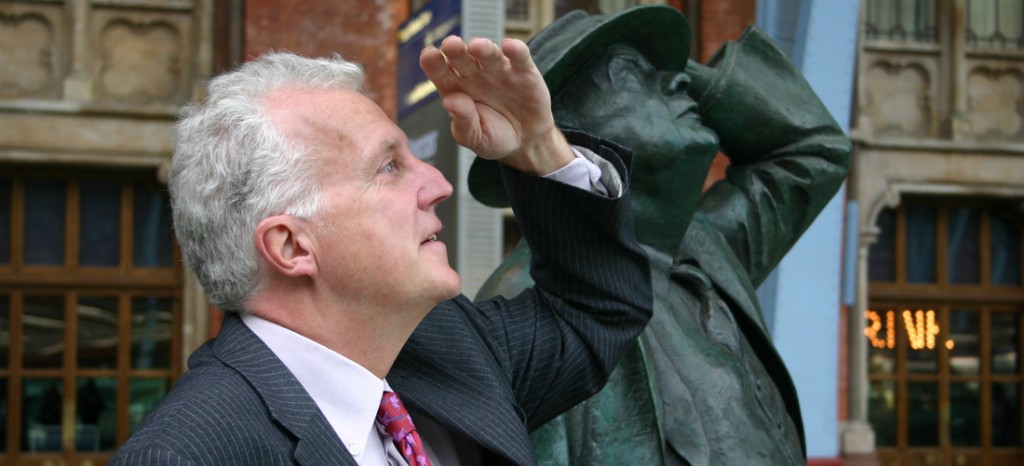Review of Not a Normal Country: Italy after Berlusconi by Geoff Andrews Pluto Press
Never did a book have a more apt title. On the face of it, Italy is quite normal. Every time I visit, I am always impressed at how things seem to work well. The town centres are clean and the autostrade are engineering marvels, the trains are cheap and certainly more punctual than ours, and there is none of the casual yobbery on the streets at night.
Scratch below the surface, however, and you realise that it is a strange country when measured against the norms of a conventional Western democracy. As Andrews documents, the principal purpose of the state in the first four decades after the war was to keep the Communists, who had very strong and consistent electoral support, out of power. If that meant the Christian Democrats reaching mutually beneficial accommodations with the Mafia, with a bit of CIA support thrown in, then so be it. The division between the Left and Right was a permanent reprise of the battle between Communists and Fascists that had been raging since the 1920s.<
It was the end of the Cold War that finally brought about a stop to this permanent state of attrition, which in turn resulted in the collapse of the three main conventional parties in the early 1990s. Into that vacuum came Silvio Berlusconi. When measured against the norms of a conventional democracy, Berlusconi is completely off the scale and a phenomenon that is unimaginable in any other major European country. He is the country’s richest man, owner of a media empire that includes several of the main TV stations; and the party he created, Forza Italia, is little more than a vehicle for his own ambitions, with very little grass roots activity. Moreover, to obtain power, he forged an extraordinary coalition with two parties with conflicting aims: the Northern League, which wants to break up Italy and form a new country, Padania, a kind of Italian Switzerland encompassing only the rich north; and the National Alliance, the direct descendants of Mussolini, for whom such a break-up is anathema.
Italy is not normal in another key respect, too. While all countries are blends of different regional traditions and history, few have quite such a divide as that in Italy between the North and South where, as the book describes, there were still cave dwellers in the 1950s living in conditions of Third World squalor. Andrews traces the roots of the difference, showing that democracy has only had a tenuous hold in the South where familial and clan loyalties far outweigh any notion of trust in the state.
Berlusconi’s method is to pretend that he is above politics. It is an old ploy of right-wingers but Il Cavaliere has taken it to the limit. Anyone who obstructs or opposes him is simply a left-wing aconite. Berlusconi, who is something like Rupert Murdoch, Richard Branson and Tony Blair rolled into one, has wielded all the weapons at his disposal, from domination of Parliament to ownership of his TV stations, and even his football connections through his club, Milan, to remain in power. But he is having to fight battles on too many fronts and his prospects in next year’s elections are doubtful.
But what type of politics will replace him? Andrews sees hope in new types of movements and associations. In the south, brave anti-Mafia politicians have managed to reduce the debilitating effect of the gang’s corrupt rule, while in the North, the newly elected mayor of Bologna, Sergio Cofferati, won on the basis of attracting practical help and support from way beyond the normal political activists of the Left and Centre.
The book is written probably just a tad too early. Although Berlusconi is in deep trouble and a realistic challenger in the shape of Romano Prodi has emerged through the unprecedented use (in Italy) of a primary electoral system, Il Cavaliere is nothing less than a great survivor, and it helps when you have the power, as Berlusconi did recently, to remove from the airways a satirist who lampooned him once too often. However, while we await future developments in what may be the first post-modern state, Andrews’ book is an excellent guide to the various possibilities of post-Berlusconi Italy.
